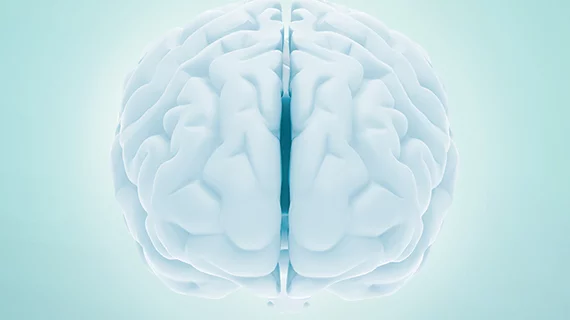Lifelong thinking skills create ‘cognitive reserve’ protection against Alzheimer’s-related brain changes
It can be a mystery why some people retain most of their memory well into their 90s, while others are struck with Alzheimer’s-related symptoms long before that. But new research published Wednesday offers some answers.
Experts from the University of Pittsburgh followed 100 patients without dementia for 14 years, who were by then an average of 92 years old. Those who had normal scores on thinking and memory tests at the start of the study were less likely to develop cognitive problems later, even if they had amyloid plaques on their brains detected via imaging.
“This finding is consistent with the theory that people with better lifelong thinking and memory skills have a ‘cognitive reserve’ that provides a buffer of protection against changes in the brain,” Beth E. Snitz, PhD, with the Pennsylvania-based institution, said July 22. “They can better compensate for any underlying brain changes.”
Additionally, those with the gene variant called APOE ε2, were also more resistant to developing amyloid plaques compared to people without it. This gene, also known as apolipoprotein E ε2, is uncommon and has previously been associated with a lesser risk of developing Alzheimer’s.
Of the 100 patients enrolled in this study, only 10 had the protective variant. Seven of them avoided developing plaques, while three did show them on PET imaging.
Snitz and colleagues did point out modifiable lifestyle factors that promote successful brain aging. Volunteers who never smoked were more than 10 times more likely to retain thinking skills, even with plaques, compared to smokers. Those with higher pulse pressure scores—a blood pressure metric—were also more likely to suffer from plaques over time.
Participants were not randomly selected, a clear limitation, the authors noted. They also were mostly white individuals who were highly educated and in good health, which may limit the generalizability of the results.
Still, Snitz et al. believe undertaking such research is more critical than ever.
“With more and more people living into their 90s and even 100s, it’s increasingly important that we be able to understand and predict the factors that help people preserve their thinking skills as they age and determine if there are any changes people can make during their younger years that can improve their chances of cognitive resilience,” Snitz concluded in a statement.
Read the full study published July 22 in Neurology.

